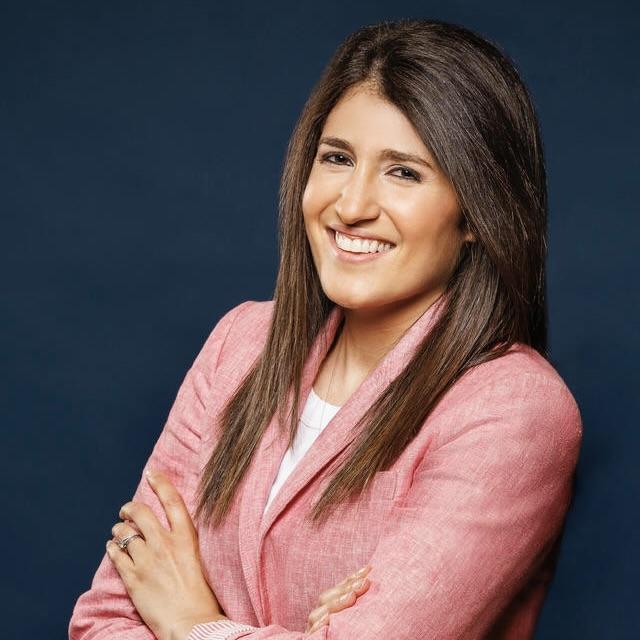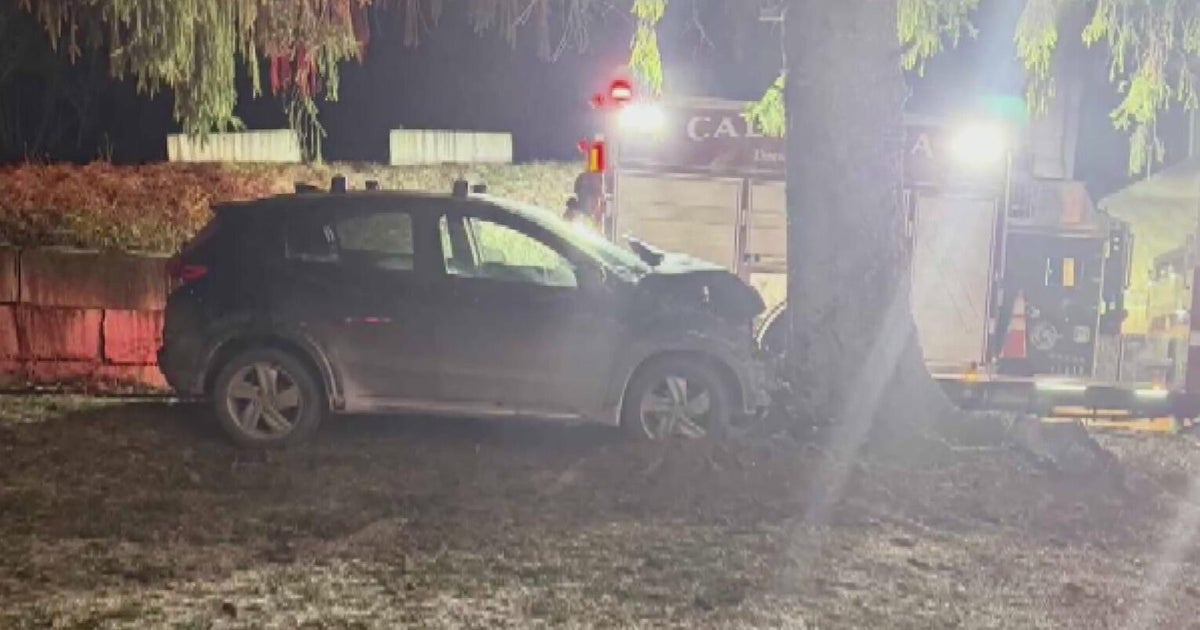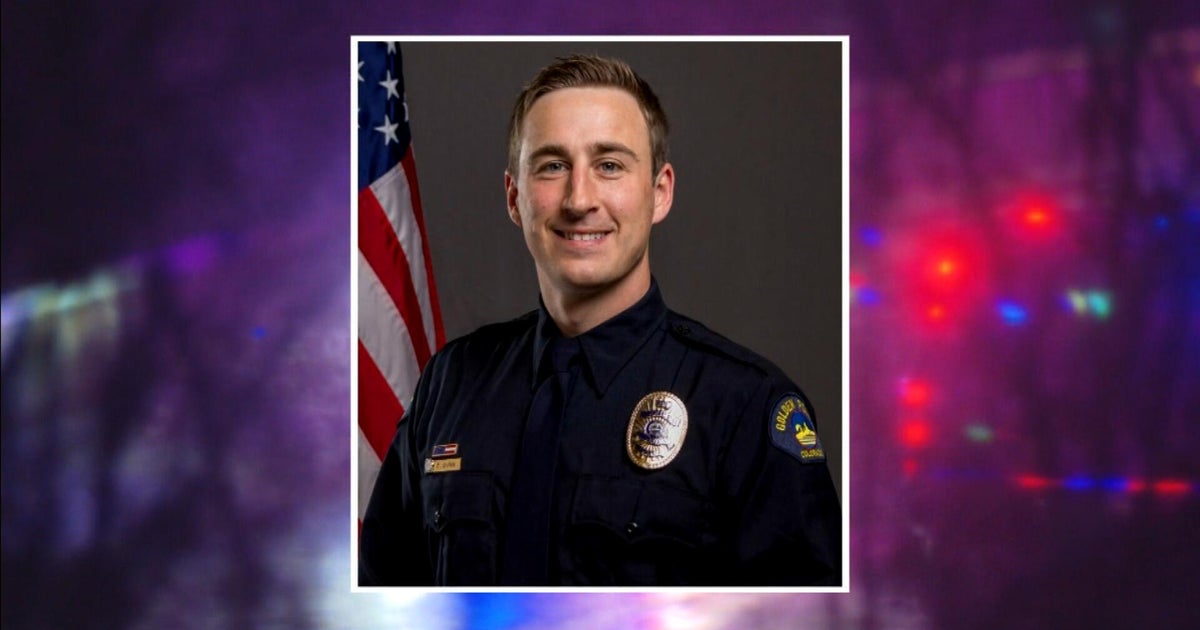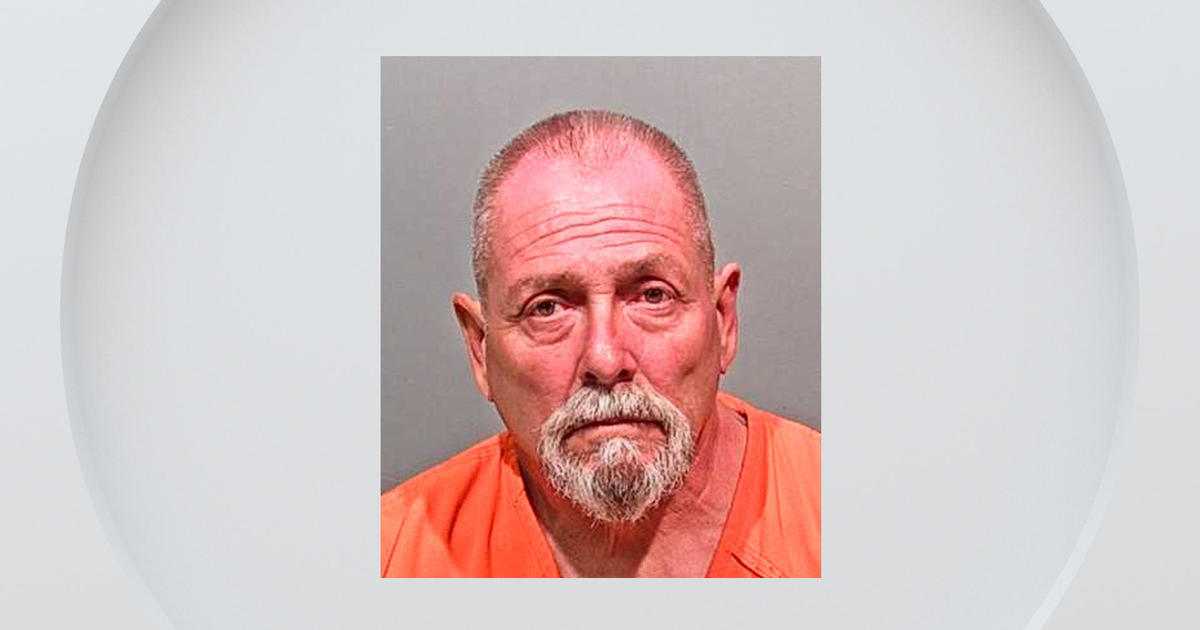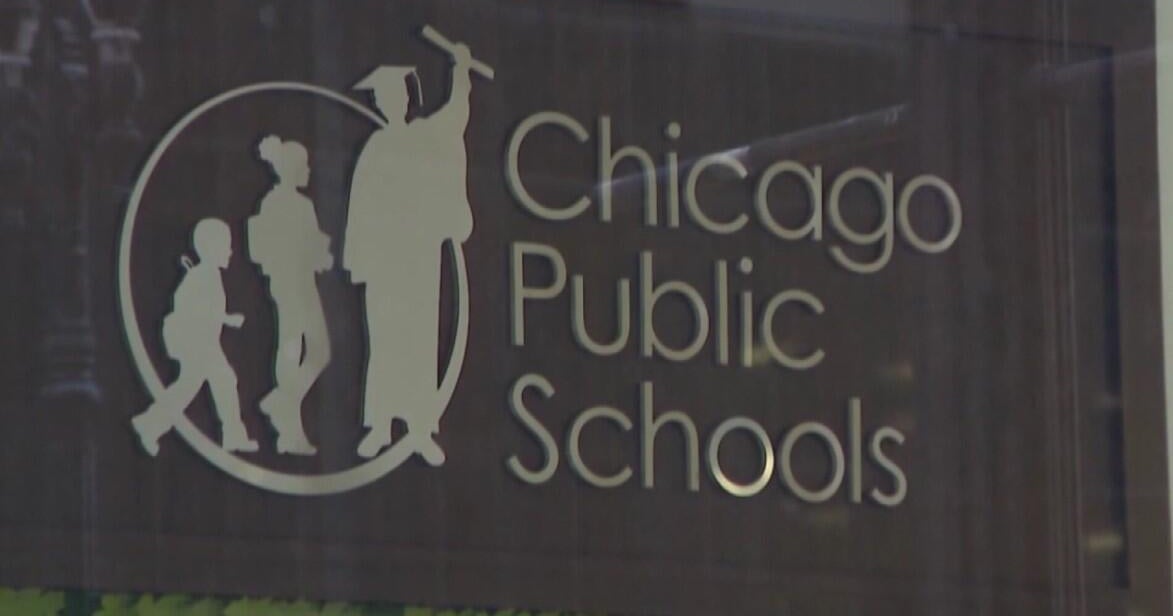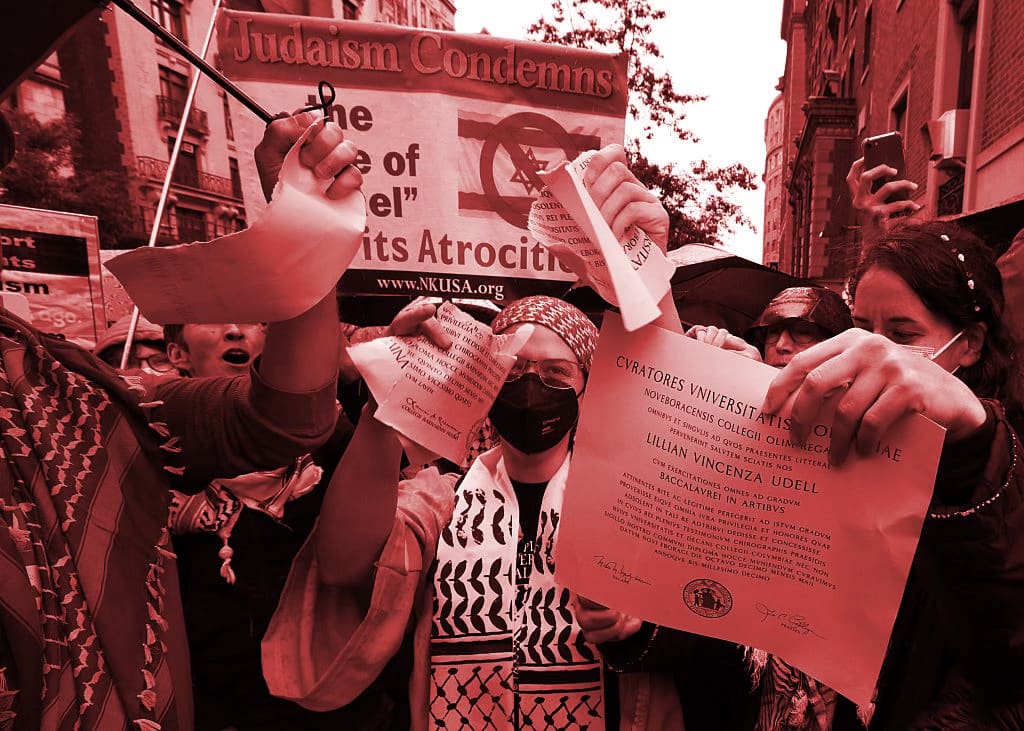From binge drinking to blacking out, the disturbing epidemic putting America's kids in danger
Watch the CBSN Originals documentary "Drinking Culture: American Kids and the Danger of Being Cool" in the video player above.
On America's college campuses, there are epidemics we talk about and those we don't. There's sexual assault. There are fraternity hazing deaths. And in both cases, the attention of the nation usually turns to these issues only after a tragedy has occurred… after Penn State freshman Timothy Piazza dies from consuming 18 drinks in 82 minutes… after Brock Turner sexually assaults an unconscious woman behind a dumpster at Stanford...
Look deeper, however, and these epidemics have something in common: the pervasive and problematic drinking culture among American youth.
"When you have almost 2,000 kids a year dying that are college-aged kids on college campuses, I'm surprised that those statistics are not out there in a bigger way and that colleges aren't owning that a little bit more," says clinical social worker Julie Fenn in the CBSN Originals documentary, "Drinking Culture: American Kids and the Danger of Being Cool." "If there were 2,000 kids dying for, you know, a brain disease or the flu or something, we would be all over that."
In the current pop culture environment, binge drinking has not only become normalized, it's become a marker of social status.
"People do have that conception that the more you can drink, the cooler you are," says Alex Artaza, a college student at Nova Southeastern University in Florida.
"Girls who could handle their alcohol are seen as a lot cooler and a lot more interesting than girls who can't," concurs Kaeli Van Cott, a 23-year-old social media manager in New York City. "People would encourage in college like, 'We need to drink, we need to pregame, we need to go out.' ... Guys who can handle their alcohol were seen as cool and girls who could keep up were invited in."
The National Institute on Alcohol Abuse and Alcoholism defines binge drinking as four drinks for women and five drinks for men over the span of two hours. In the United States today, however, college students often consume two or three times that amount.
And while it used to be that men were much more likely to binge drink than women, that gender gap is rapidly closing, with rates of alcohol use and binge drinking now on the rise in women and girls.
"Alcohol companies have made concerted efforts over the past 20 years to target and recruit young female drinkers, with new products and ad campaigns oriented to them," says Dr. David Jernigan of Boston University's School of Public Health. "This is of even greater concern because women are biologically more vulnerable than men to alcohol's harmful effects, and that word is not getting out."
For the documentary, "Drinking Culture," CBSN Originals visited the University of Wisconsin–Madison, one of the most notorious party schools in America, to speak with students there about the amounts and sorts of drinking that are now considered normal.
Gretchen Schroder, a 21-year-old senior, told producers that the most she's had to drink in a night was 15 drinks. When pressed on what that was like, and whether or not she remembered that night, she shook her head, laughed a little bit, and replied, "No. I blacked out."
The NIAAA defines blacking out as a period "of amnesia during which a person actively engages in behaviors like walking and talking but does not create memories for these events as they transpire. … Depending on how impaired the brain regions involved in decisionmaking and impulse control are, the missing events could range from mundane behaviors, like brushing teeth, to dangerous and traumatic events like driving a car, getting into a fight, or committing — or being the victim of — a sexual assault or other crime."
While many parents probably blissfully assume that this sort of alcohol-induced stupor is a rarity, all of the young Americans who appear in the CBSN Originals doc, "Drinking Culture," told producers that they have either blacked out themselves or witnessed their peers blacking out on numerous occasions.
"I've seen a lot of people black out," says Van Cott. "I can't even give you a defined number. ... People brag about that as if it's something that's cool to do. Like, 'I'm totally going to black out tonight.'"
Not only does this sort of normalized underage drinking behavior put American teens at greater risk of physical injury and sexual assault, experts point out that there are biological consequences to drinking in excess before the brain is done developing.
"What we've seen with data is that if you start drinking at age 13 or 14, drinking full drinks, that that is associated with a five times greater risk of developing an alcohol use problem or disorder compared to if you start at age 21 or older," explains Dr. Sion Harris, an associate professor of pediatrics at Harvard Medical School.
"We're also seeing that there are impacts on the development of what we call wiring of the brain. One of the things that really is important that's happening in the brain during the adolescent years is kind of the connecting up of different brain areas. And the reason that that's so important is that in order for us to have a really sharp brain, fast processing, and healthy functioning, different parts of the brain have to work together, and that is developing through adolescence," she explained.
"When the brain is exposed to things like alcohol, marijuana, other drugs, that seems to impact how the brain gets wired up and that can impact our ability to learn, our ability to make smart decisions, our ability to regulate our emotions."
Binge drinking affects young Americans both in ways we can see and in ways we can't, and advocates say we really need to take a hard look at the root of the problem.
"We have to challenge and change that culture, that thinking that it's normal behavior," said Julie Fenn.
And she adds a cautionary note for parents: "I think there is that stereotypic belief that, 'not my kid. I'm a good parent. My kids would never do that.' I think all of our kids are at risk. And I can say that honestly, as a parent of three, it doesn't matter what your profession is, no child is protected."
